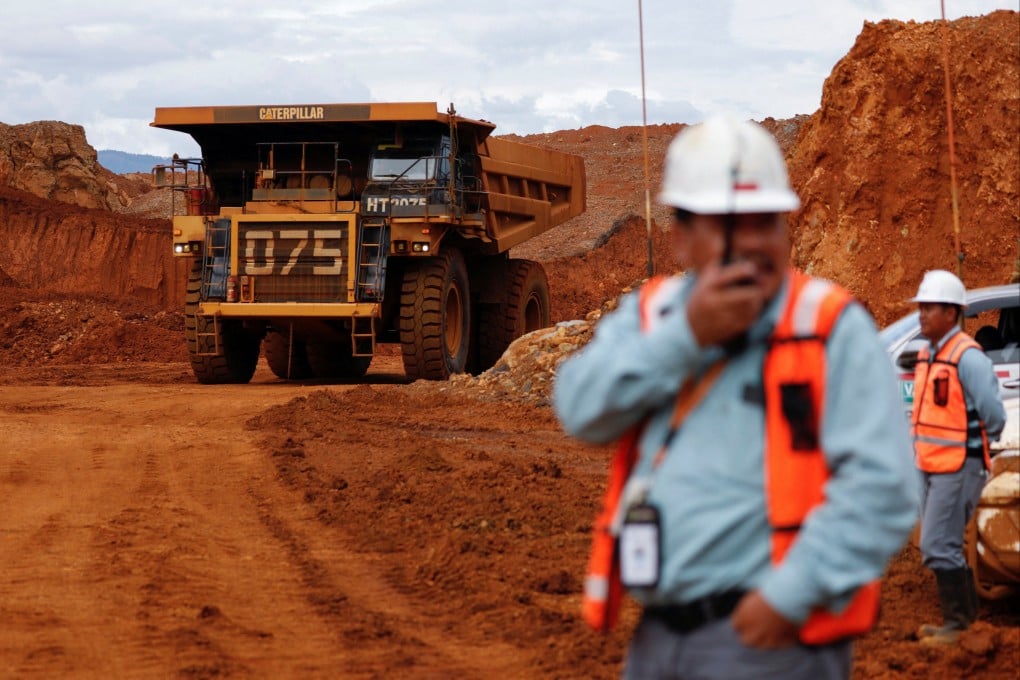Advertisement
Opinion | China’s tech-sharing pivot in belt and road is in its best interests
- After years of focusing on infrastructure investment in its Belt and Road Initiative projects, China now offers its partner countries funding and expertise in clean technologies
- This will encourage regional nations, particularly in Southeast Asia and the Middle East, to keep engaging with China
Reading Time:4 minutes
Why you can trust SCMP
3

Recent reports have indicated that China is shifting its focus within the Belt and Road Initiative towards sharing technical expertise, emphasising “small but beautiful” projects over larger infrastructure investments such as roads and ports. This pivot presents the most effective response to US competition and constraints, particularly in Southeast Asia and the Middle East.
The mainstay of China’s signature initiative has been infrastructure investment and construction of roads, railways and ports. Many of these investments and work have come under scrutiny because of either the recipient state’s financial difficulties or geopolitics surrounding port construction at strategic locations.
China will not necessarily dial down its commitment to some projects with economic sense and strategic implications. However, it does find value in sharing technical expertise and investing in relatively small-scale projects with positive branding for the country.
These include investments in and sharing expertise on renewable energy sectors such as solar and wind power, climate-friendly transport and green technology industries for mining, processing and manufacturing of minerals for electric vehicle batteries, solar photovoltaics and wind turbines.
In 2021, China announced it would end the financing for the construction of coal-fired power plants, in part because of the environmental hazards and associated reputational costs. Cost efficiencies, the availability of green technologies and the need to fill the gap in some minerals critical to the green transition also drove this change.
This policy transformation has led to Beijing’s investments and expertise-sharing in clean energy technologies in Southeast Asia, the Middle East and Africa. The Belt and Road Initiative has laid the foundation of strong economic and technological engagement, with agriculture and mining representing the fastest-growing sectors of the initiative by 2023.
Advertisement
